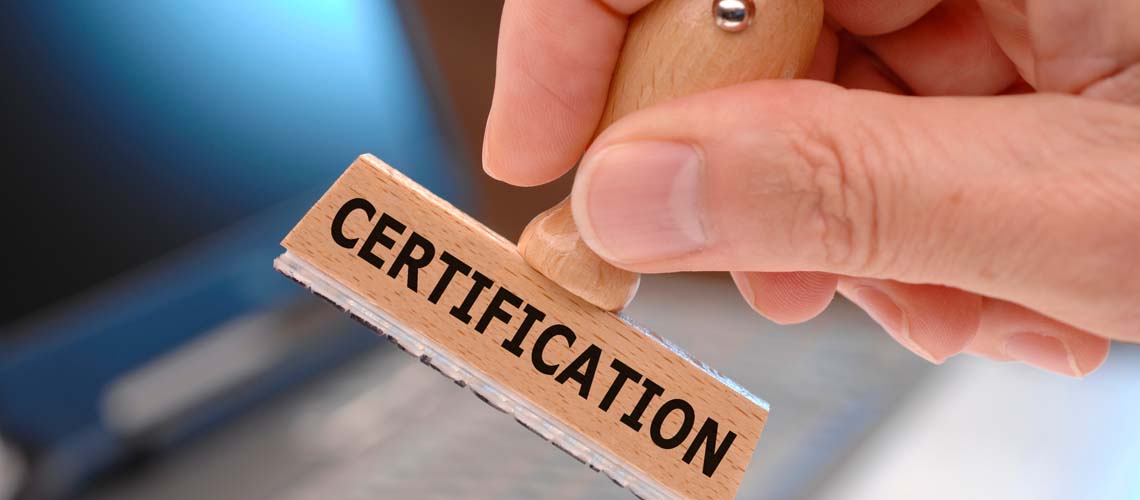HEPA Filter Integrity Compliance Testing in Cleanrooms
In today’s healthcare and pharmaceutical industries, cleanroom environments are essential for ensuring product quality and safety. HEPA filters play a crucial role in maintaining these sterile conditions by trapping particles as small as 0.3 microns. However, to ensure that these filters meet the required performance standards, they must undergo rigorous integrity testing before installation or following maintenance.
ISO 14648-2:2019 sets the standards for cleanroom design and operation, emphasizing the importance of HEPA filter integrity as a key component in maintaining a controlled environment. This standard ensures that filters are capable of removing particles to a specified level of efficiency, which is critical when performing sensitive procedures or manufacturing high-purity products.
The testing process involves several steps: first, the filter is installed and activated within the cleanroom. Next, a particle challenge test is conducted using an aerosolized solution containing 0.3-micron particles. The concentration of these particles is carefully controlled to ensure accurate results. After exposure, the air flow through the filter is measured again, and any increase in particle count indicates a breach in integrity.
This testing method ensures that the filter maintains its specified efficiency level throughout its operational life. Failures can lead to contamination risks, which could compromise product quality or even patient safety. Thus, compliance with these tests is not just a recommendation but a requirement for maintaining regulatory standards and ensuring the integrity of cleanroom environments.
The importance of HEPA filter integrity testing cannot be overstated. It is essential in various sectors such as pharmaceuticals, biotechnology, medical device manufacturing, and food processing where contamination can have severe consequences. By adhering to these tests, facilities ensure that their operations meet global standards set by organizations like the FDA, EMA, and ISO.
In summary, HEPA filter integrity testing is a critical step in maintaining cleanroom environments. It ensures that filters perform as expected, thereby safeguarding product quality and patient safety. This testing process aligns with international standards, providing assurance to regulatory bodies and stakeholders alike.
Scope and Methodology
The scope of HEPA filter integrity compliance testing in cleanrooms encompasses several key areas:
- Filter Installation and Activation: The filter is installed within the cleanroom, ensuring it meets the specified design parameters. After installation, the filter is activated to allow for a stable operational condition.
- Preparation of Challenge Aerosol: A particle challenge aerosol containing 0.3-micron particles is prepared according to ISO 14648-2:2019. The concentration and size distribution are precisely controlled to simulate real-world conditions accurately.
- Testing Procedure: The filter is challenged with the aerosol, and air flow through the filter is measured using appropriate instrumentation. Any increase in particle count above baseline levels indicates a breach in integrity.
- Post-Test Analysis: Post-test analysis involves comparing pre- and post-challenge measurements to determine the filter’s efficiency level. This data is used to make informed decisions regarding filter replacement or maintenance.
The methodology for testing HEPA filters in cleanrooms is designed to be rigorous, ensuring that all potential breaches are identified. By adhering to this process, facilities can maintain a controlled environment, thereby minimizing contamination risks and ensuring product safety.
International Acceptance and Recognition
HEPA filter integrity compliance testing in cleanrooms is widely recognized by international standards organizations such as ISO (International Organization for Standardization), ASTM International, and EN (European Norms). These organizations have developed comprehensive guidelines to ensure that HEPA filters meet the required performance levels.
ISO 14648-2:2019 specifies the design, construction, commissioning, operation, and maintenance of cleanrooms. The standard emphasizes the importance of HEPA filter integrity testing as a critical component in maintaining controlled environments. Compliance with this standard is essential for facilities aiming to meet regulatory requirements and ensure product quality.
ASTM E739-18 provides detailed procedures for determining the efficiency of air filtration systems, including HEPA filters. This standard offers a robust framework for conducting particle challenge tests, ensuring accurate and consistent results across different facilities.
EN ISO 14648:2015 aligns with ISO standards, providing additional European-specific guidelines for cleanroom design and operation. The integration of these standards ensures harmonization between international and regional practices, facilitating seamless compliance.
The acceptance and recognition of these testing methods by global regulatory bodies underscore their significance in maintaining high-quality environments within the healthcare and pharmaceutical sectors. By adhering to these standards, facilities can ensure that their operations meet the highest safety and quality standards.
Use Cases and Application Examples
The application of HEPA filter integrity compliance testing is extensive across various industries and use cases:
- Pharmaceutical Manufacturing: In pharmaceutical production, cleanroom environments are critical for ensuring the purity of drugs. Any breach in HEPA filter integrity can lead to contamination, compromising product efficacy and safety.
- Biotechnology Research: Biotech facilities require stringent control over their operational environments to prevent contamination from airborne particles. Proper HEPA filter testing ensures that research data remains reliable and accurate.
- Medical Device Manufacturing: The manufacture of medical devices in controlled environments is crucial for ensuring product safety and efficacy. HEPA filters play a vital role in maintaining these conditions, and regular integrity testing is essential to prevent contamination risks.
- Food Processing: In the food industry, cleanroom environments are used for producing high-purity products. HEPA filter testing ensures that these environments remain free from contaminants, thereby protecting consumer health.
These use cases highlight the importance of HEPA filter integrity compliance testing in maintaining controlled environments within various sectors. By adhering to stringent testing protocols, facilities can ensure product quality and safety, thereby meeting regulatory requirements and gaining market acceptance.





